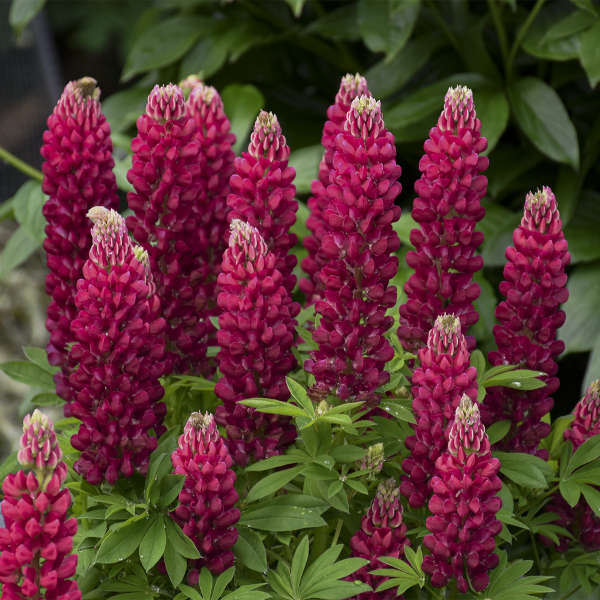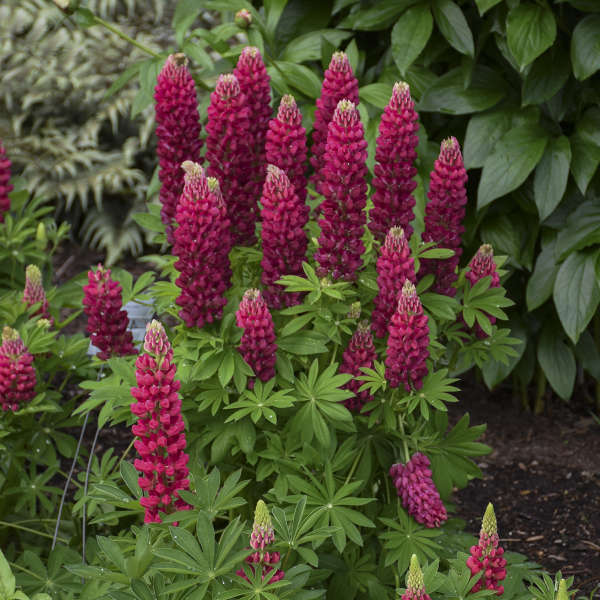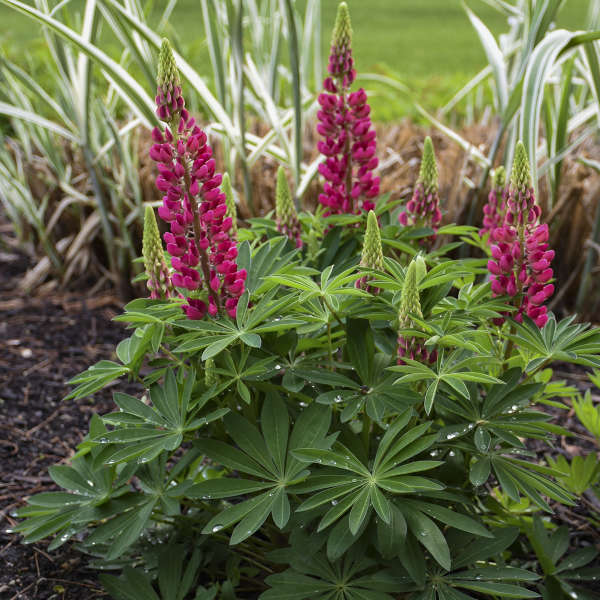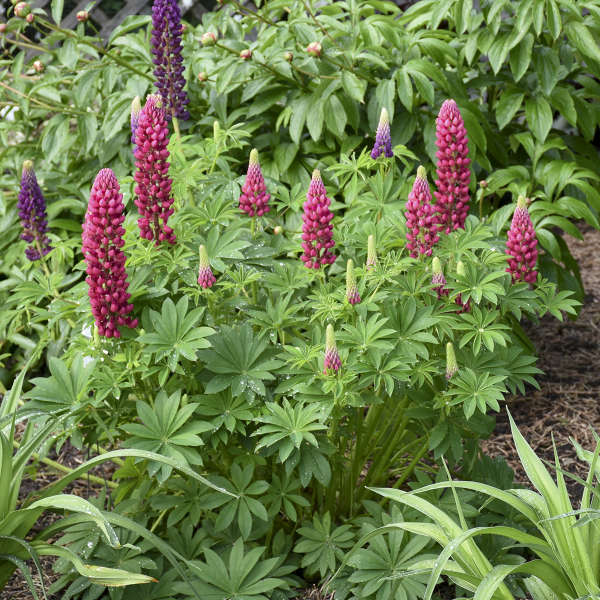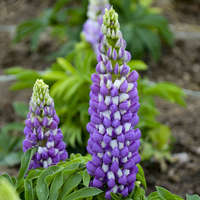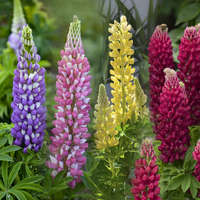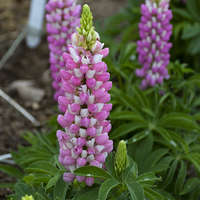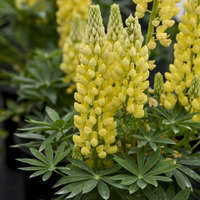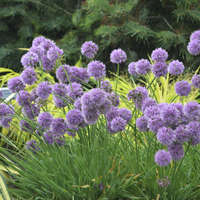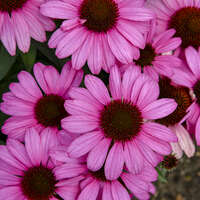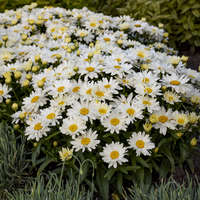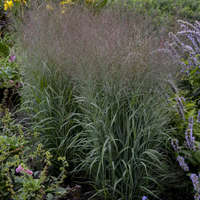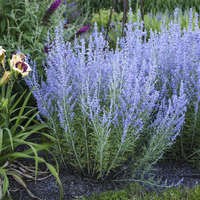Lupinus polyphyllus MINI GALLERY™ Series - Red
MINI GALLERY™ Series
Common Name: Lupine
This series of Lupine from HM Clause in France is touted as being more compact, more floriferous, and earlier blooming than the Gallery Series. In height, these are shorter than the popular Popsicle Series. Although Lupines are typically short-lived plants, they really come into their own on warm, sunny days and cool nights when planted in mass.
Lupines really come into their own during warm, sunny days and cool nights and look especially lovely when grown in masses with similar varieties. A memorable sight for any garden lover, these beautiful plants grow into well-established clumps, with several stems rising up out of a single base. A bouquet of Lupines has no equal!
30ct Plug Tray |
72ct Plug Tray |
